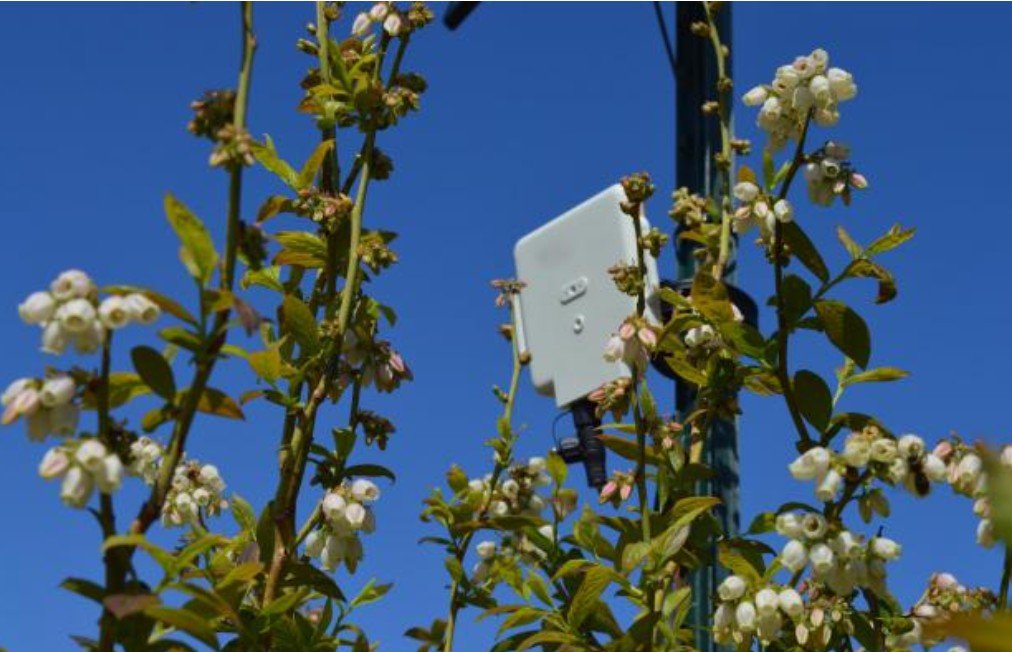A cutting-edge crop trial in north Norfolk is turning heads—and ears—by deploying acoustic sensors to monitor bee activity across farmland. The trial, described by organisers as “ground-breaking”, is using the power of sound to understand how pollinators are interacting with crops in real time.
Instead of relying on traditional visual surveys or manual inspections, the new approach involves installing acoustic sensors that record the buzzing of bees and other pollinating insects as they go about their vital work. The technology is designed to detect and analyse the frequency and volume of insect sounds, providing valuable data on pollination levels without disturbing the natural behaviour of the insects.
It’s a major step forward in understanding how effectively bees are pollinating crops—and when and where their activity is peaking. Farmers and researchers can use this real-time information to make smarter decisions around crop management, planting schedules, and even the targeted use of wildflower margins or cover crops to encourage pollinator visits.
The project’s researchers believe this “listening” technology could become a game-changer in precision agriculture, especially at a time when pollinator populations are under threat. By creating a constant acoustic map of pollination, farmers can boost yields, reduce reliance on pesticides, and contribute to broader biodiversity goals.
Beyond the scientific benefits, there’s also a cultural shift at play: treating the humble bee not just as a worker, but as a partner in food production. Listening to nature—literally—might just be the smartest thing British farming has done in years.


